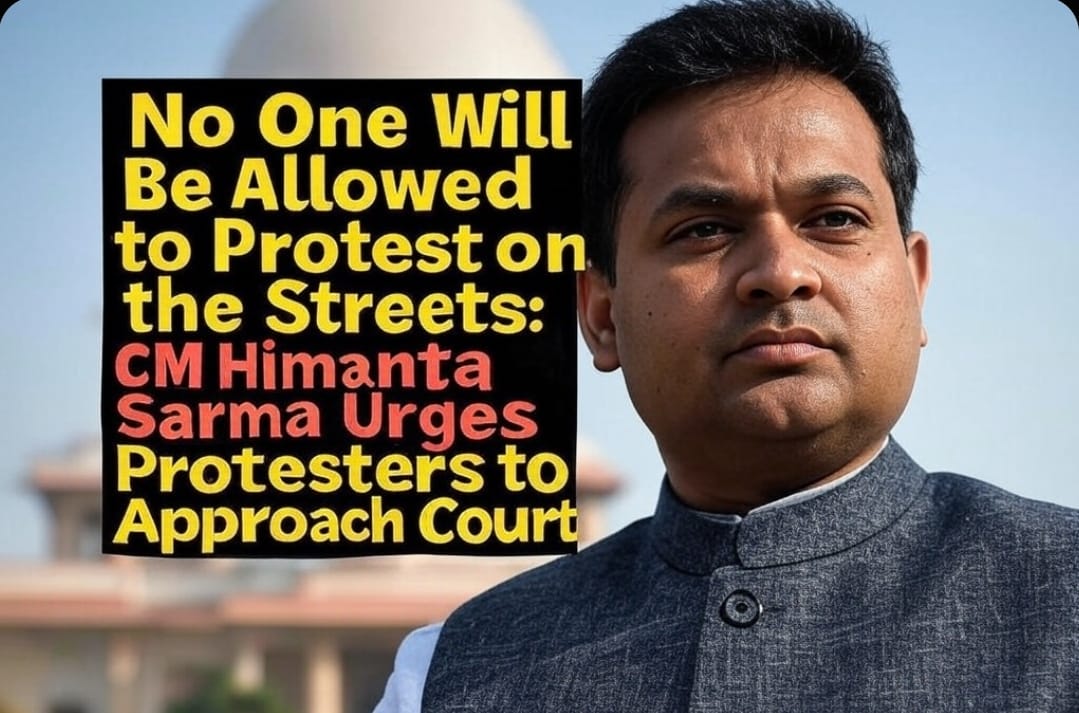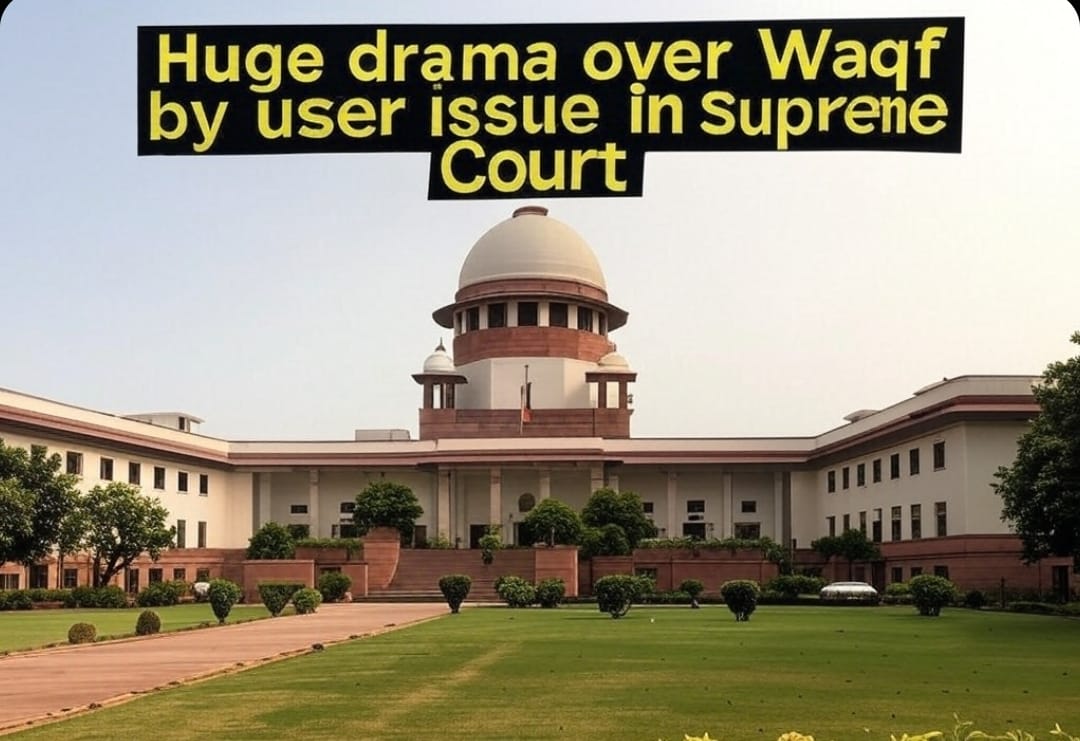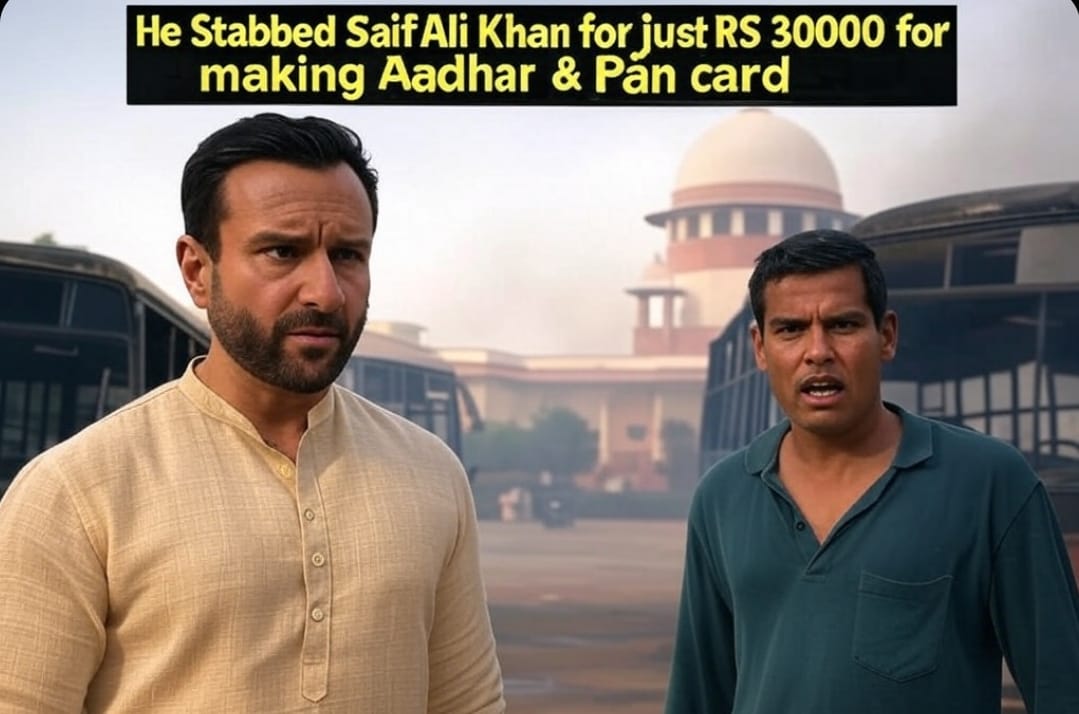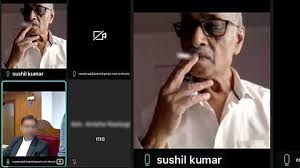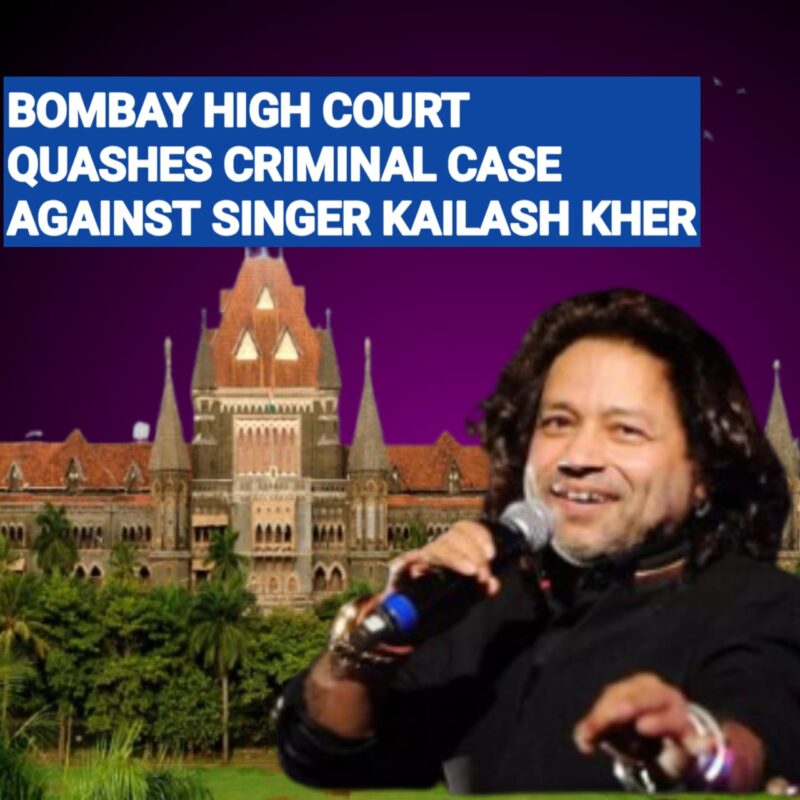India’s complex political and judicial institutions regularly utilize defamation laws, particularly when prominent political leaders make controversial public statements. Currently, Congress leader Rahul Gandhi is in the public eye for his remarks concerning Hindutva ideologue Vinayak Damodar Savarkar.
This criminal defamation lawsuit filed by Savarkar’s grandnephew, Satyaki Savarkar brings up some key questions:
- Can people enforce defamation claims when it comes to legacy?
- How do Indian criminal laws limit exemptions for political leaders from showing up in court?
- How do courts navigate the tricky balance between protecting individual reputations and upholding freedom of speech in politically sensitive situations?
Back in March 2023, during a speech in London, Rahul Gandhi made some remarks about an incident from Savarkar’s writings. He pointed out a moment where Savarkar allegedly witnessed the assault of a Muslim man and seemed to take pleasure in it. This prompted Satyaki Savarkar to file a defamation lawsuit, arguing that Gandhi’s comments damaged the legacy and reputation of his great-granduncle. The case was filed under Sections 499 and 500 of the Indian Penal Code, which deal with defamation.
Recently, a Pune court turned down Satyaki’s request to revoke Rahul Gandhi’s permanent exemption from having to appear in person, stating that the exemption was granted lawfully and there wasn’t a strong enough reason to take it away.
Sub-Part I: Legal Interpretation of Defamation
In Indian law legal system defamation constitutes making a false statement that’s meant to damage someone’s reputation but What’s fascinating is that courts have allowed heirs to step in and file defamation suits to safeguard the dignity of their deceased relatives. The important question here is whether the statement actually causes harm to the complainant or if it was just said out of spite.
Regarding Gandhi’s case, the court has yet not made a decision on the defamation claim; they’re still working through some preliminary matters like exemptions and procedural requests.
Sub-Part II: Court’s Reasoning on Exemption from Appearance
Rahul Gandhi has been given a permanent exemption from having to appear in person, which is a standard practice for individuals with official responsibilities or logistical issues. The court emphasized that the complainant should seek bail cancellation through the appropriate legal avenues under Section 439(2) of the CrPC, rather than attempting to overturn the exemption without proper grounds.
Sub-Part III: Relevance of Complainant’s Lineage
Gandhi’s legal team asked the court to reveal Satyaki Savarkar’s maternal lineage, trying to connect it to Nathuram Godse, the man who assassinated Mahatma Gandhi. However, the court rightly dismissed this as irrelevant, making it clear that the case revolves around Gandhi’s speech.
Conclusion
The Rahul Gandhi–Savarkar case raises a key question: How do we balance free speech, political commentary, and defamation? Courts must protect reputations of historical figures, but the legal standard for defamation shouldn’t stop critique or academic discussion. Law interns should watch how fair procedures, legal definitions, and public interest come together in these cases. The careful and principled way the judiciary handled this case shows that law needs to balance personal dignity with democratic freedoms.
About the Author:
Bhawya is working on a PhD in Law focusing on Corporate Law at Apex Law University. She has a keen interest in cybercrime and cyber abuse, and she studies how law, technology, and social justice connect.


